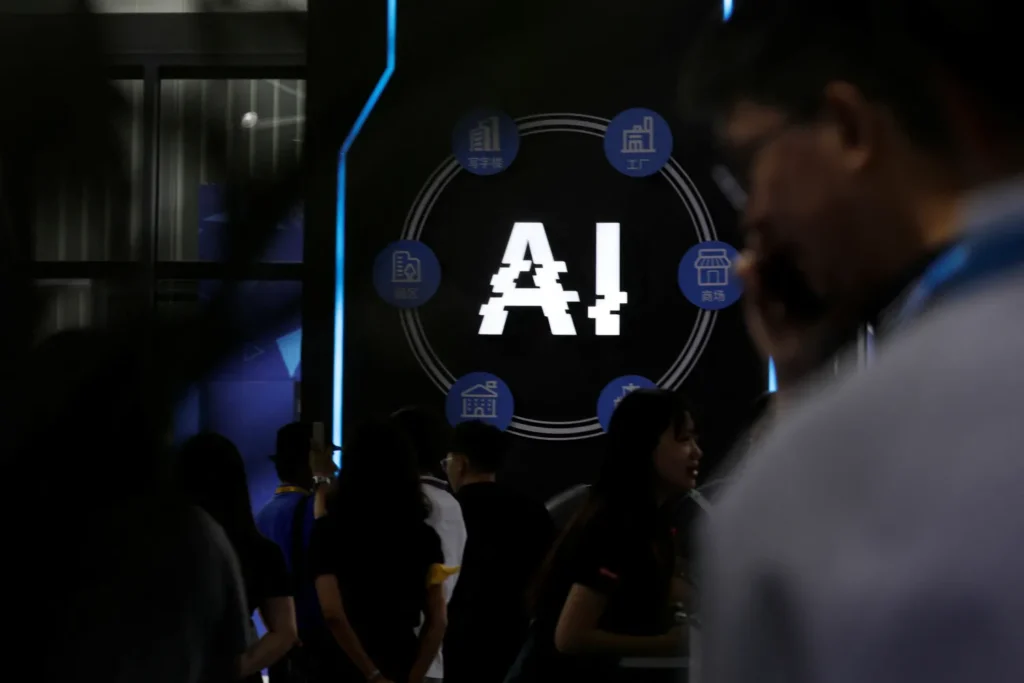Artificial intelligence is one of the hottest topics in business right now. While many are beginning to roll out implementations and are seeing fantastic results, there are still plenty of companies out there who are not embracing innovation and maximizing their potential. Those who are taking a back seat will quickly experience inefficient operations and are likely to see more issues arising in effective decision-making, compliance and ethical issues, a greater threat of cyber attacks, and an inability to stay competitive in modern markets.
The role of AI services
One of the first things to consider when contemplating implementing AI is that it will be more beneficial to approach processes from a business standpoint as opposed to focusing on technological capabilities. AI is unique in its scope when addressing business needs, and can be applied to areas like automation, assistance, and deepening data insights through machine learning, natural language processing, and analysis. It can completely transform the way that both an array of digital and physical tasks are undertaken, typically in administrative, financial, and customer-facing roles. In the modern business landscape innovation is going to breed success – and AI functionality is currently the top way to bring fresh life into the services offered. Right now, only the most well thought out AI development services have the capability to design the most relevant solutions that perform above the grade.
Case studies

Source: brookings.edu
Businesses should be looking for nothing short of the most exceptional solutions to achieve business goals and it can be worthwhile to learn more about how other companies are troubleshooting issues and seeing success with AI products.
Probably the greatest example of a business overcoming challenges using AI is retail giant Amazon. As it is one of the largest corporations operating in a host of spaces, from e-commerce to autonomous vehicles; there is vast potential for automation. One prevalent application is image analysis, where algorithms scrape data and build analytics to generate more relevant and impactful product recommendations. There are many use cases in supply chain management that cover areas like optimising inventory, demand forecasting, and ensuring that orders are routed and delivered in the most efficient manner.
Another leading company leveraging AI products is Hitachi, which worked with Develtio’s Rapid AI Development Sprint model to build a more efficient extranet module that would act as a hub for documentation for its third party wholesalers, distributors, and installation companies. There was a need for an integrated AI loyalty program, a dedicated news segment for industry-specific reporting, and a host of smaller operations that combined to enhance the partnership programme.
A name you might not expect to leverage AI capabilities is Netflix, but as the leading provider for online entertainment, it needed a unique approach to engaging customers long-term. Just as Amazon uses algorithms for better targeted product suggestions, this provider has similar functions to match new titles to user preferences, to maximize the viewer experience.

Source: brookings.edu
The growing necessity of AI in business strategy
If businesses want to continue to meet their goals, scale for the future, and boost conversions (which will lead to increased revenue), they will need to leverage AI as part of their business strategy – and sooner rather than later. There is no greater way to stay innovative and continue to provide top level services to consumers in all niches than with risk mitigation, improved operational efficiency, and maintaining a competitive edge. AI has the ability to completely transform company budgets, consumer sentiment, and improve the approach to productivity and even agility in ever-changing spaces.
It is one of the only technological revolutions in recent years that has the ability to meet the needs of rapidly evolving industries and the right AI implementations will bring a next generation approach to both shaping and consistently reshaping functionality for industry trajectories.



